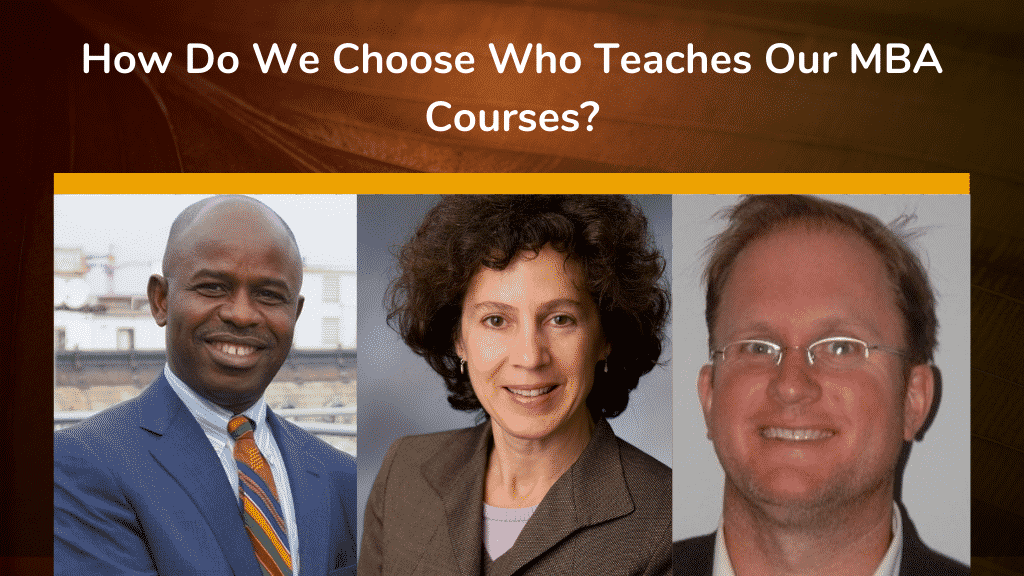
Pictured: Some of the instructors in the ACHS MBA program
In this article, Senior Admission Advisor Molly Sykes speaks with the Dean of Business Dr. Susan Marcus to get all the details about the instructors for our MBA program.


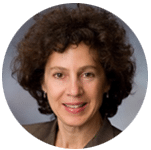
They brought their real-time experience into our learning community. They taught the curriculum while asking “how does this work in the ‘real world’” and the answer was sometimes it doesn’t! Those reality checks were so important. I also noticed a difference in the way they communicated and interacted with us. Many of the tenured professors seemed more interested in maintaining distance and a power differential rather than engaging and making sure we understood the material. This had the effect of adding stress and anxiety, especially in the quantitative subjects.






We found some excellent, very student-centered people who were outstanding in their content areas and also shared our passion for business conducted with an emphasis on sustainability and wellness. Our instructors, especially in the quantitative topics, were recruited and hired specifically because they have proven track records teaching their topics in ways that are accessible to students, whether the class is online or in person. This entails using an array of resources geared to various learning styles. And equally important is their demeanor. If they lack the social and communication skills to engage with students and bring the concepts to life, or cannot apply the material in a context that is relevant, then the learning experience will be a lonely one for students.
Each of our candidates were invited to do live, interactive teaching demonstrations via Zoom, similar to the Zoom sessions instructors conduct in all of our classes. We hired only those who conveyed expertise with their subject, both academically and based on current professional experience, and a demeanor that showed us they view themselves as partners with students in the learning process. While working with them on course development and in the selection of materials, we’ve come to know their guiding ethic is centered on student success. It is literally how they measure their own success!



Our quantitative topics professor recently completed his dissertation bridging two areas of expertise, finance and economics, entitled, Millennial Students’ Awareness of Retirement Issues, Their Retirement Preparedness and Future Expectations.
Our professor for courses in organizational effectiveness and human capital has professional and family ties to Togo in W. Africa, launched and oversees several nonprofit organizations focused on leadership and community development work, and has a multi-decade career in US government. As I said, they are amazing!



If you’re ready to apply to an online MBA program with ACHS, you can start your application here. If you’re interested in starting out with a single business course, start your single course application here.
Still wondering what to expect during the application process? An admissions advisor is happy to speak to you at a time that works for you. Schedule an appointment with an admissions advisor here.

Watch for our final blog in this series entitled, What is an MBA Capstone and how do I produce one? And if you have any questions, leave us a comment on the blog.
About American College of Healthcare Sciences
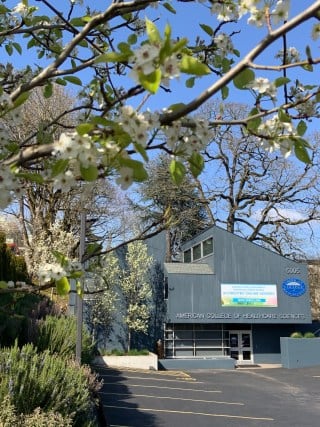
This commitment to our students and graduates reflects in our current survey results that reflect 98% of our students would recommend ACHS to a friend or family member.
We believe education is the most powerful tool for changing an individual and the world around us.
When a person enrolls as ACHS, it is vitally important that they graduate with tools they need to forge their own holistic and sustainable missions, build up their communities confidently and changing the face of healthcare with knowledge.
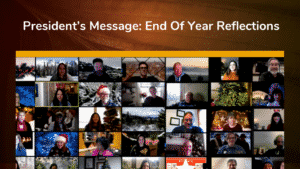 President’s Message: End Of Year Reflectionsby American College of Healthcare Sciences●December 31, 2020
President’s Message: End Of Year Reflectionsby American College of Healthcare Sciences●December 31, 2020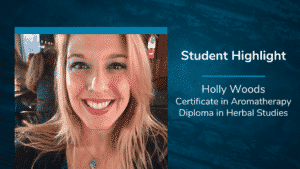 Student Highlight: Wife and Husband Team Start New Businessby American College of Healthcare Sciences●December 22, 2020
Student Highlight: Wife and Husband Team Start New Businessby American College of Healthcare Sciences●December 22, 2020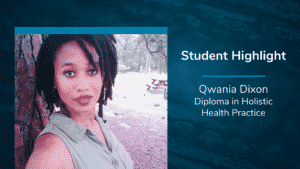 Student Highlight: Holistic Health, Gratitude, and Smoothies |achs.eduby American College of Healthcare Sciences●December 17, 2020
Student Highlight: Holistic Health, Gratitude, and Smoothies |achs.eduby American College of Healthcare Sciences●December 17, 2020 3 Tips For Building Better Habitsby American College of Healthcare Sciences●December 10, 2020
3 Tips For Building Better Habitsby American College of Healthcare Sciences●December 10, 2020